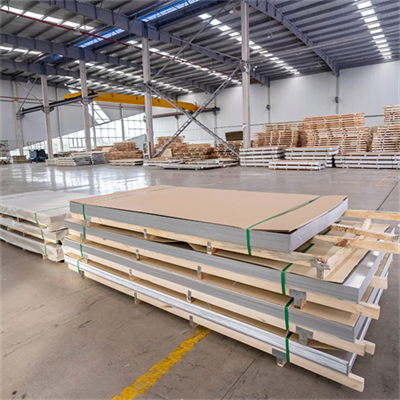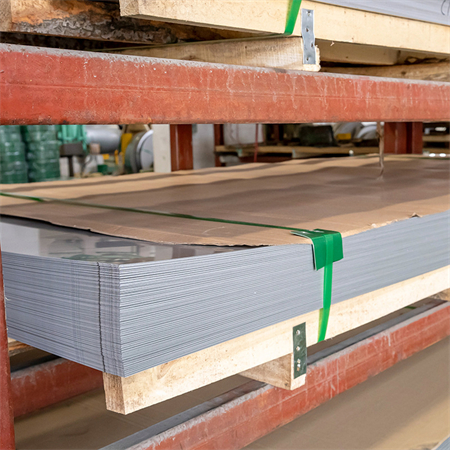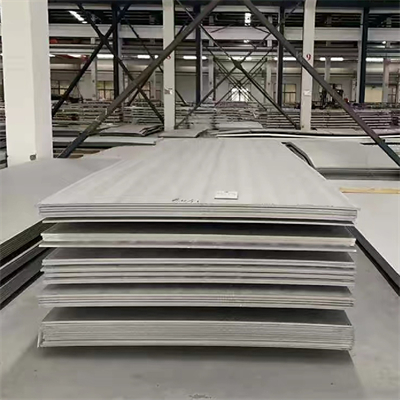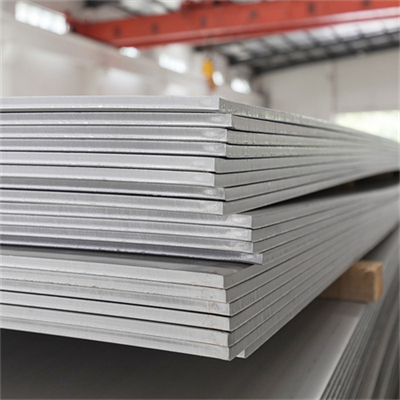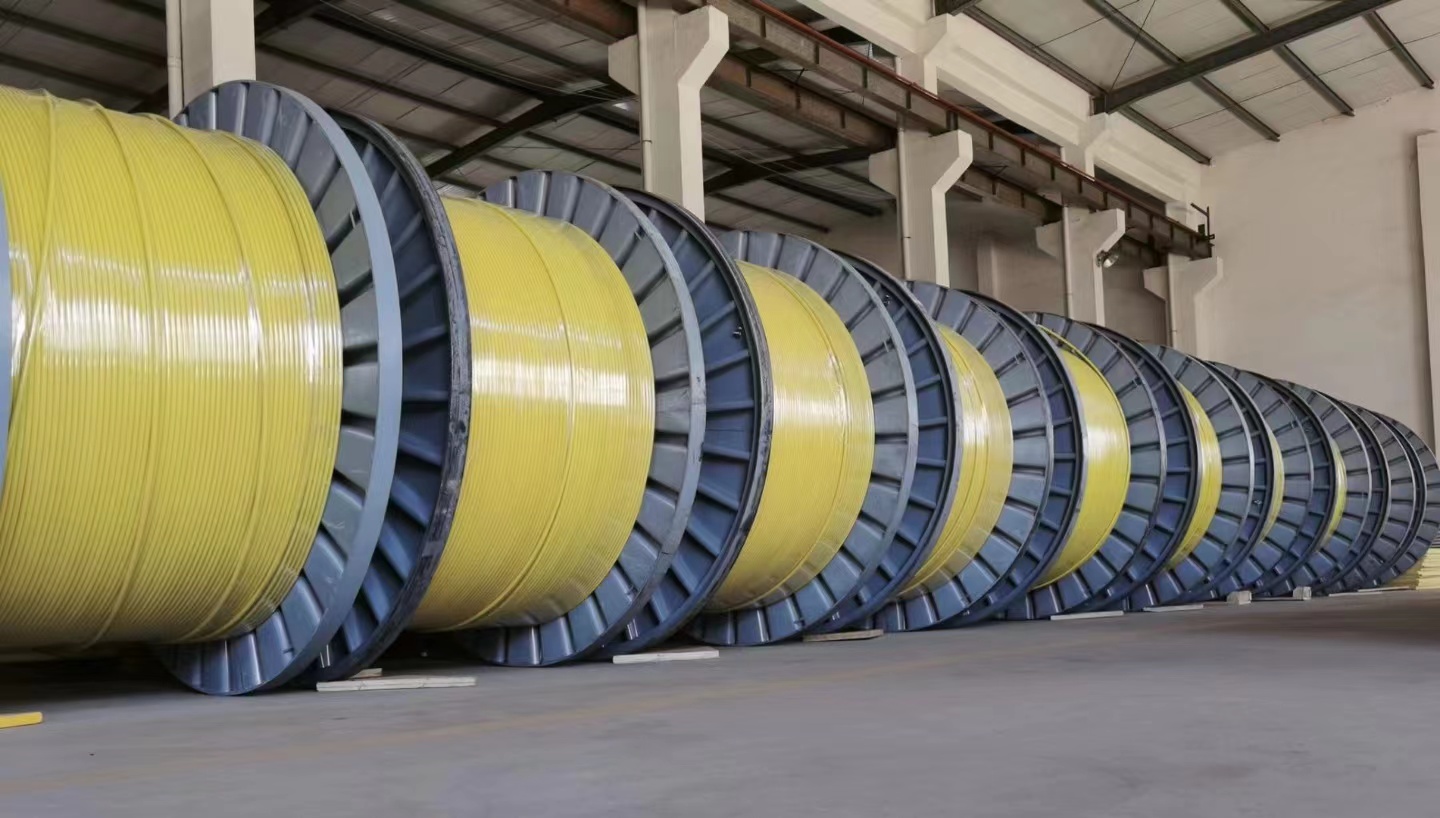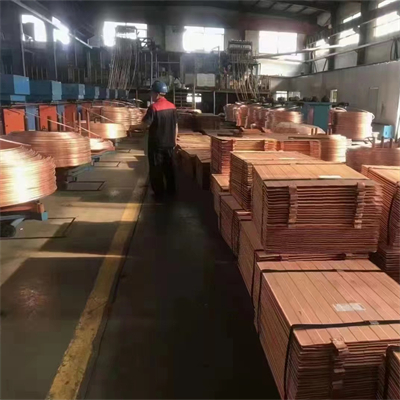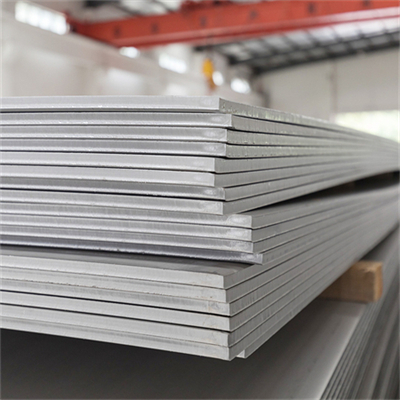Stainless steel plate manufacturers wholesale
Classification of stainless steel plates
We all know that stainless steel sheet has the characteristics of strong plasticity, corrosion resistance, no deformation, smooth surface and scratch resistance. Stainless steel sheets can be divided into two types according to the rolling method, hot-rolled stainless steel sheets and cold-rolled stainless steel sheets. In addition to the commonality of stainless steel, these two types of stainless steel sheets have their own characteristics.
Cold rolled stainless steel sheet. The advantages of this kind of stainless steel plate: good ductility, can be made into ultra-thin plate, high hardness, smooth surface. Disadvantages are: high price, gray surface. Therefore, this kind of stainless steel sheet is often used in the manufacture of vehicles and electrical appliances. The performance of cold-rolled stainless steel sheet is relatively stable and corrosion-resistant. Therefore, cold-rolled stainless steel sheets with thinner thicknesses are often used for packaging of foods such as cans. This kind of stainless steel plate is gray-white because of its natural appearance, so general stainless steel household products do not use this cold-rolled stainless steel plate. The matte stainless steel products we see in Nissan's life are made of cold-rolled stainless steel sheets. On the market, the best-selling hardware accessories and stainless steel kitchen and bathroom products are 304 stainless steel sheet products. 304 quality of this cold-rolled stainless steel sheet cold-rolled stainless steel sheet 15 yuan per kilogram.
Hot rolled stainless steel sheet. The advantages of this stainless steel sheet are: good surface gloss, cheap price and good plasticity. Disadvantages: low hardness. This stainless steel sheet production process is often used for the production of thicker stainless steel sheets. This kind of stainless steel plate is generally used in places where thicker stainless steel material is required. This kind of stainless steel has good toughness and is not prone to accidents such as fracture. Therefore, it is often used as raw materials for furniture building materials. The market price of this cold-rolled stainless steel sheet of 304 quality is about 8 yuan per kilogram. This kind of hot-rolled stainless steel sheet is often used in the production of hardware accessories. The stainless steel hardware made of this kind of sheet has a good performance in terms of thickness and surface gloss.
The difference between 304 stainless steel and 201 stainless steel
304 stainless steel is a universal stainless steel material, its anti-rust performance is stronger than that of 200 series stainless steel material, and it is resistant to high temperature of 600 degrees. It has excellent stainless corrosion resistance and good resistance to intergranular corrosion. It also has good corrosion resistance to alkaline solutions and most organic and inorganic acids.
201 stainless steel has the characteristics of certain acid and alkali resistance, high density, no bubbles and no pinholes in polishing. Mainly used for decorative pipes, industrial pipes, and some shallow-stretched products.
The difference between 304 stainless steel and 201 stainless steel
1. The commonly used stainless steel plates are divided into two types: 201 and 304. The actual composition is different. 304 is better in quality, but expensive, and 201 is worse. 304 is imported stainless steel plate, 201 is domestic stainless steel plate.
2. Composition.
The composition of 201 is 17Cr-4.5Ni-6Mn-N, which is a Ni steel grade and a substitute for 301 steel. It is magnetic after cold working and is used in railway vehicles.
304 is composed of 18Cr-9Ni, which is the most widely used stainless steel and heat-resistant steel. Used in food production equipment, Xitong chemical equipment, nuclear energy, etc.
3. 201 is high in manganese, the surface is very bright with dark light, and high in manganese is easy to rust. 304 contains more chromium, and the surface is matte and does not rust. The two can be compared together. The most important thing is that the corrosion resistance is different. The corrosion resistance of 201 is very poor, so the price is much cheaper. And because 201 contains low nickel, the price is lower than that of 304, so the corrosion resistance is not as good as that of 304.
4. The difference between 201 and 304 is the nickel content. Moreover, the price of 304 is relatively expensive now, generally close to 50,000 a ton, but 304 can at least guarantee that it will not rust during use. (Potion can be used for experiments)
5. Stainless steel is not easy to rust because the formation of chromium-rich oxides on the surface of the steel body can protect the steel body. The 201 material belongs to high manganese stainless steel with higher hardness, higher carbon and lower nickel than 304.
6. The composition is different (mainly from the aspects of carbon, manganese, nickel, and chromium to distinguish 201 and 304 stainless steel) steel grade carbon (C) silicon (Si) manganese (Mn) phosphorus (P) sulfur (S) Chromium (Cr) Nickel (Ni) Molybdenum (Mo) Copper (Cu)
Properties and Specifications of Stainless Steel Sheets
1. Performance
(1). Stainless steel sheets are divided into cold-rolled sheets and hot-rolled sheets, and their surfaces have bright, matte and matte surfaces. Commonly known as stainless steel plate, there are 2B plate, BA plate. In addition, other light colors can be plated according to customer requirements. The specifications of the plates are mainly, 1m*1m 1m*2m 1.22m*2.44m 1.5m*3m 1.5m*6m, if the customer demand is large, we can cut it according to the customer's size. Another can be done on behalf of the wire drawing board, anti-skid board, electroplating board.
(2). Stainless steel pipe, seamless pipe and seamed pipe (straight seam welded pipe, decorative pipe, welded pipe, welded pipe, bright pipe). There are more than 200 standard specifications of stainless steel tubes, all sizes, small tubes are more expensive, especially capillaries. The worst capillary tube should be made of 304 material, otherwise the tube is easy to burst. Non-standard pipes can also be customized for customers. Seamless pipes are mainly used in industry, and the surface is matte and not bright. The surface of the seamed pipe is bright, and there is a very thin welding line in the pipe, commonly known as welded pipe, which is mainly used for decorative materials. There are also industrial fluid pipes, whose pressure resistance depends on the wall thickness. 310 and 310S are high temperature resistant pipes. It can be used normally below 1080 degrees, and the maximum temperature resistance reaches 1150 degrees.
(3). Stainless steel bar, round bar, hexagonal bar, square bar, flat bar, hexagonal bar, round bar, solid bar. Hexagonal bars and square bars (flat bars) are more expensive than round bars (most of our company's hexagonal bars are imported high-quality materials). The glossy one is more expensive than the black one. Large-diameter rods are mostly black-skinned rods. Among them, 303 is a unique material in the bar, which belongs to the easy-to-car (cut) type material, which is mainly used for cutting on automatic lathes. Another 304F. 303CU. 316F is also an easy-to-cut material.
(4). Stainless steel strip (stainless steel coil), or coiled strip, coil material, plate coil, plate coil. There are many names, and there are many hardnesses of strips, ranging from dozens to hundreds. Customers need to determine which hardness to use before purchasing. (8K specular luminosity). The width of the coil is not fixed, yes, 30mm. 60mm. 45mm. 80mm. 100mm. 200mm and so on. It can also be divided according to customer requirements.
2. Specifications
Stainless steel hot rolled coil: thickness 1.5-15 width 1000 or 1219 or 1500 or 1800 or 2000 (including burrs).
Stainless steel cold rolled coil: thickness 0.3-3.0 width 1000 or 1219 or 1500 (including burrs).
Stainless steel cold-rolled coil: thickness 0.1-3.0 width 500 or 1600 (including burrs).

